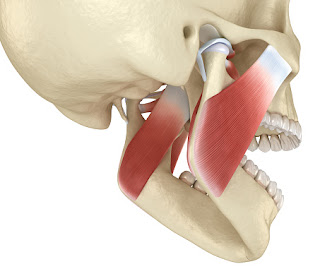Tips On How To Fight Chronic Fatigue Syndrome
The cause of chronic fatigue syndrome is unknown, although there are many theories — ranging from viral infections to psychological stress. Some experts believe chronic fatigue syndrome might be triggered by a combination of factors. Myalgic encephalomyelitis/chronic fatigue syndrome (ME/CFS) will change your life in many ways. It is a condition that can be hard to cope with. But you can adopt some strategies to make it easier. You may go through bad phases, or relapses, followed by better ones. Knowing to expect this pattern will help you understand how to manage your energy.
There’s no single test to confirm a diagnosis of chronic fatigue syndrome. You may need a variety of medical tests to rule out other health problems that have similar symptoms. Treatment for chronic fatigue syndrome focuses on improving symptoms.
Solid Ways To Fight Chronic Fatigue Syndrome
Eliminate sugar and processed or packaged foods.
Eat a candy bar and your energy will usually plummet soon after. Sugar and other refined carbohydrates give you a little shot of energy, but at a huge expense: Those blood sugar spikes nosedive quickly, leaving you feeling drained. If eliminating sugar completely is too challenging, gradually trade it for lower-sugar foods, like berries, to transition off sugar. Eat nuts instead of chips or cookies.
Reduce or eliminate caffeine and alcohol.
That afternoon coffee might give you a temporary boost, but if you metabolize caffeine poorly or use caffeine as a crutch for things like bad sleep, coffee can zap your energy. Alcohol can too. It may calm your nerves for a short time, but may leave you drained or mentally foggy a few hours later.
Get 7 – 9 hours of sleep nightly.
The National Sleep Foundation recommends adults get seven to nine hours of sleep per night. Some questions you can ask yourself to see if you are not sleeping enough include: Does it take me a long time to fall asleep? Do I wake up often or am I restless? Do I feel sleepy when driving? Do I need caffeine to get through the day? Answer, “yes,” to any of these indicates you may not be getting enough quality sleep.
Exercise.
Spending hours at the gym isn’t doing your chronic fatigue levels any good – remember overexercising can be a culprit of chronic fatigue syndrome. The most effective way to exercise and increase your energy is through the high-intensity interval training (HIIT). These short, intense “bursts” give you a full workout in little time.
Find ways to relax and reset your mind.
For some people, taking 20 minutes during the afternoon to meditate can be enough to recharge. Maybe yoga or deep breathing is your thing. Whatever you do, find time to relax and reset your mind.
Chronic fatigue can impair your health and happiness, and there is no one-size-fits-all solution. A chiropractor may help address any interference in your spine that may contribute to fatigue, as well as help manage the symptoms of chronic fatigue syndrome. While it may take some time, and some behavior changes, you can get your energy back and reclaim your health and wellbeing.
People with chronic fatigue syndrome usually experience their most severe symptoms in the first one to two years of illness. After that time, a small number of people recover totally, and a smaller number become totally incapacitated. For most people, there is gradual improvement, although they usually do not achieve the level of activity they were capable of before becoming ill. Recovery tends to be less likely among people who:
Have symptoms for a longer time
Have long-standing depression
Are older than 40 when symptoms start
Have multiple physical symptoms
Call your doctor if you have symptoms of chronic fatigue syndrome, especially if extreme fatigue prevents you from fully participating in activities at home, work or school.



Comments
Post a Comment